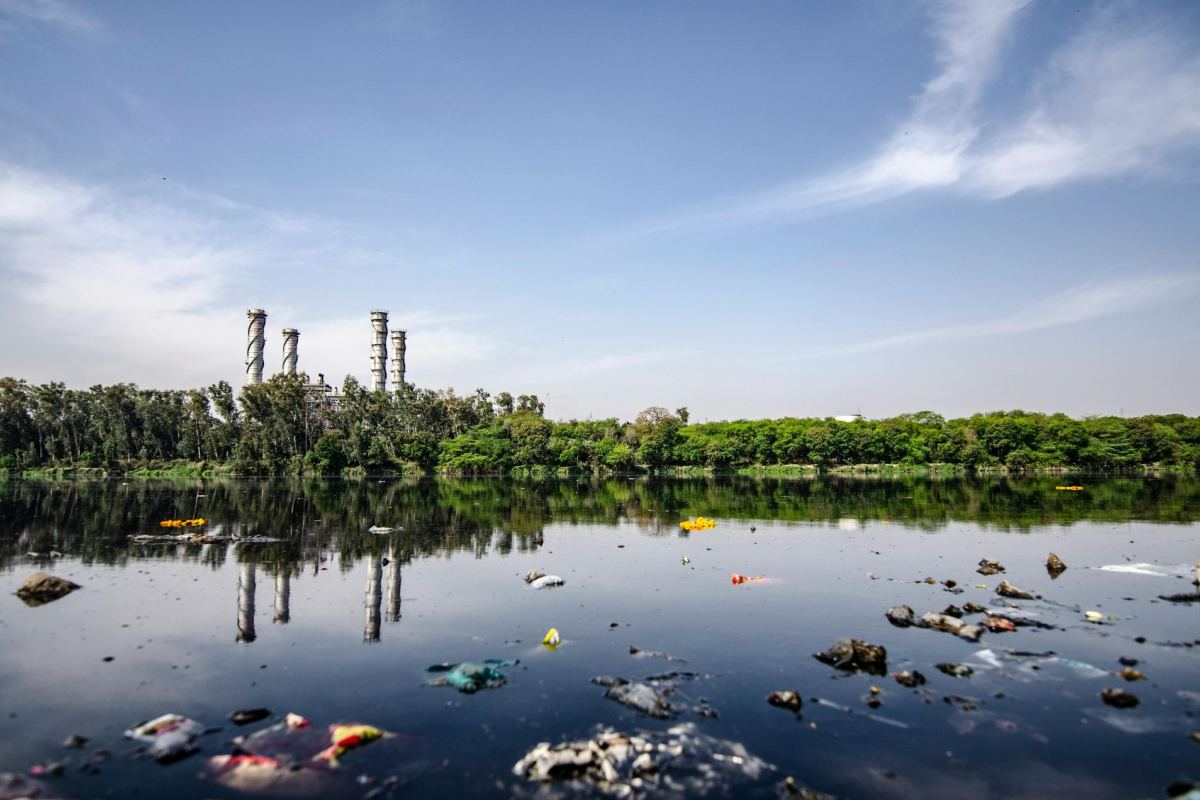Environmental Law Lecture series
Welcome to the Environmental Law Lecture series! In this series, environmental law scholars will provide important insights into how EU environmental law helps to achieve a high level of environmental protection in the European Union and beyond.
Integrated Pollution Prevention and Control:
A Critical Legal Perspective on All-inclusive Integration
The concept of Integrated Pollution Prevention and Control (IPPC) within the European Union is based on the idea that the environment should be seen and protected as a whole. Such a holistic approach lies at the heart of the Industrial Emissions Directive (IE Directive). Multiple limitations to IPPC can be identified in this directive as a consequence of choices made in its regulatory design, whose main pillars consist of an integrated approach, the use of best available techniques, flexibility, inspections and public participation. We argue that it has to be carefully considered whether moving towards an all-inclusive integration in the IE Directive is useful and necessary, as this may lead to arbitrary permit granting, hinder judicial control, and, as a consequence, reduce legal certainty.
In our lecture, we also address the IE Directive 2.0, which entered into force on 4 August 2024, that aims to guide large European industries towards meeting the EU's zero pollution ambition by 2050.
Watch it here on Youtube if you'd like to access the video transcript or jump chapters.
Key Themes
- From fragmented regulation to integrated pollution prevention and control (IPPC): The lecture traces the development of EU industrial pollution law from traditional command-and-control rules focused on one environmental medium (e.g. air or water) towards an integrated approach which considers the full environmental impact of industrial activities across all media and over the whole life-cycle of installations (“environment as a whole”).
- Industrial Emissions Directive (IED 2.0) as the central legal framework: The revised Industrial Emissions Directive, which entered into force in 2024, remains the core EU instrument for regulating pollution from large industrial installations and intensive livestock farms. It maintains the system of integrated environmental permits and emission limits based on ‘best available techniques’ (BAT), adopted through the Sevilla process.
- Expanded scope and broader objectives: The updated directive extends to additional sectors, such as battery manufacturing and landfills, and places new emphasis on protection of human health as well as promotion of circularity, resource efficiency and decarbonisation — objectives that must now be reflected in permitting and BAT.
- Forward-looking planning requirements and environmental management systems: Operators are required to establish environmental management systems and (by 2030) submit indicative transformation plans setting out how their installations will transition to climate-neutral, resource-efficient and circular operations by 2050. These plans introduce an adaptive, forward-looking element into industrial permitting.
- Public participation, enforcement and compensation rights: Transparency and public participation requirements are strengthened in line with the Århus Convention. For the first time in EU environmental law, citizens will have a right to seek compensation for health damage caused by illegal pollution. At the same time, the lecture notes practical challenges in enforcing this right and in ensuring coordinated and effective enforcement more broadly.
Speakers
Mr. Dr. LS. Lolke Braaksma
- Assistant professor at the Department of Constitutional Law, Public Law and Public Administration (University of Groningen, Netherlands).
Prof. Mr. Dr. H.D. (Hanna) Tolsma
- Professor of Decision-making and legal protection in Environmental Law at the Department of Constitutional Law, Public Law and Public Administration (University of Groningen, Netherlands).
Lecture Series
This lecture is part of a series that runs from 2023 to 2024, providing students and scholars with core insights into the current state of EU environmental law and how it can be improved to achieve greater environmental protection. All lectures will be recorded and made accessible through YouTube, and the series is freely accessible to all.
If you'd like to know more about the other upcoming lectures:
This GreenDeal-Net lecture serie is hosted by MCEL, METRO and organised in cooperation with GLaw-Net and GreenDeal-NET. Maastricht University students will be eligible for certificates of attendance (see more information under the registration link).
